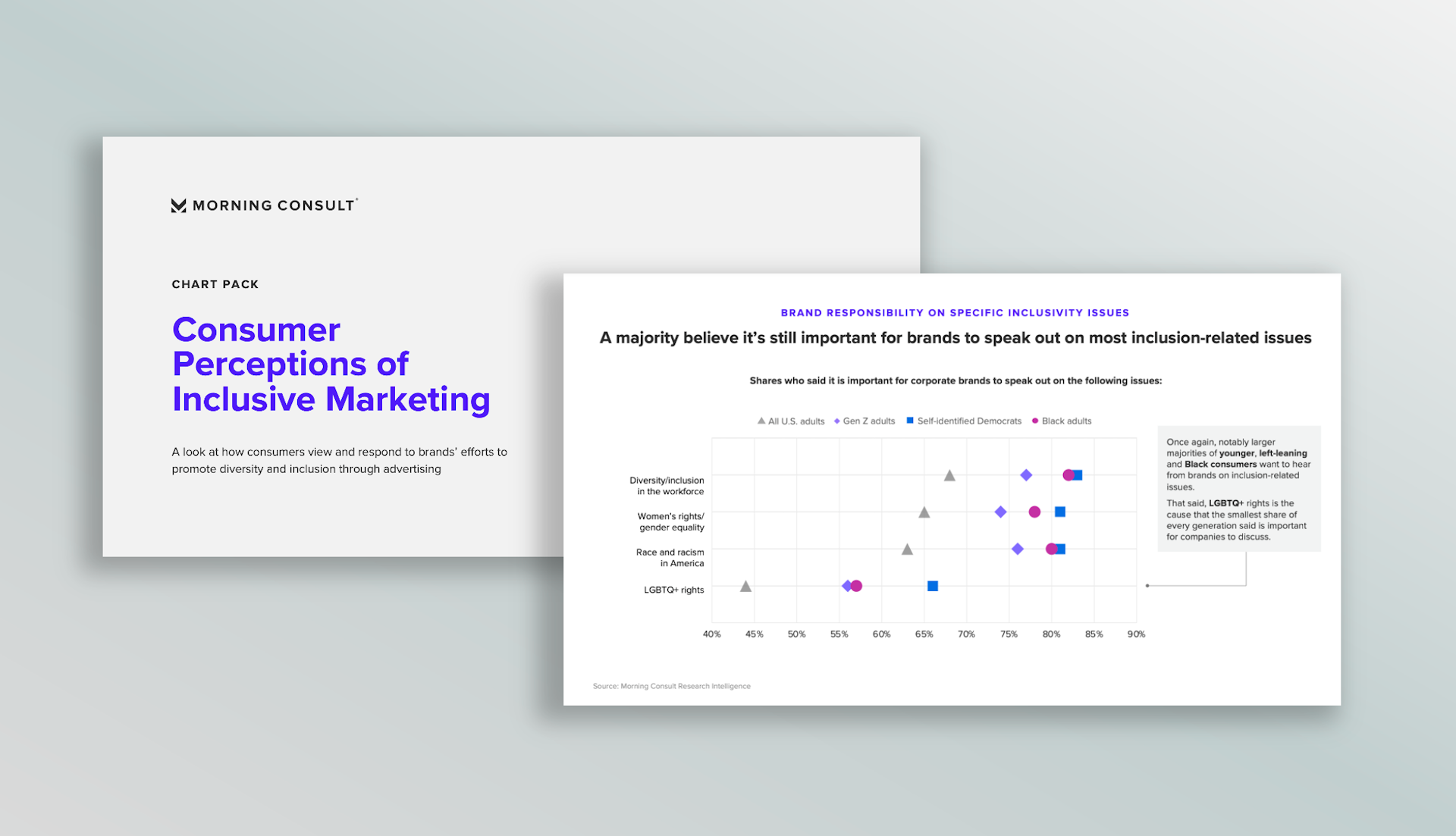The Surprising Efficacy of SMS Marketing

Key Takeaways
Most U.S. adults prefer to receive marketing messages in their inboxes, but notable shares of Gen Z adults and millennials would rather hear from brands via text.
In particular, millennials are receptive and responsive to SMS marketing: 51% said they made a purchase based on an SMS message they received in the past month — the most of any major demographic.
SMS offers a potentially high return on investment, but like with anything else, brands need to be careful how they deploy texts or they’ll end up desensitizing a consumer to their communications.
For the latest global brand, media and marketing news and analysis, sign up for our daily brands news briefing.
Business leaders have long debated the merits of email versus SMS marketing, though the overall balance of these conversations tends to favor the former.
After all, email marketing is widely regarded as one of the most proven messaging strategies available, and the share of budgets dedicated to the practice only continues to grow, even in a world now largely dominated by social media.
Email is not going away anytime soon, but new Morning Consult research draws attention to the less-publicized but also impressive efficacy of text marketing. Approximately 2 in 5 U.S. adults reported making a purchase after receiving an SMS marketing message from a brand, a figure that’s even higher among several key consumer groups, including millennials.
The data makes it clear: Brands that are skittish about SMS shouldn’t be, and the brands that are already savvy with it should keep investing in the channel.
Gen Zers have a stronger preference for SMS marketing compared with other generations
Gen Z’s fondness for this marketing channel is likely driven by their already above average use of chat apps like Snapchat and Instagram.
Text Marketing Trails Email For Now, but Gen Z Prefers SMS More Than Others
They’re also already hearing from brands through this channel way more so than their older counterparts, and as past Morning Consult research shows, time spent with a brand — or in this case, an idea — often translates into increased trust.
Our SMS research also shows that Gen Zers are less likely to see text marketing as intrusive than older generations: 54% of Gen Z adults said they found SMS marketing “invasive,” which is lower than the 64% of millennials and 63% of Gen Xers who feel the same.
SMS marketing is most likely to drive action among millennials
In terms of who’s actually being driven to take action, millennials lead the way. Among those who have received a text marketing message in the last month, much higher shares of millennials said they went on to make a purchase, compared with the broader population.
More Than Half of Millennials Have Recently Made A Purchase Prompted By SMS Marketing
Millennials were the first to embrace texting as a default mode of communication, and SMS marketing marries the ease of purchasing with the personalized feel of messages coming through a more curated inbox than email. Of the millennials who made a purchase through SMS marketing, 55% described text-driven purchases as "convenient," compared with 42% who said the same about traditional online shopping. There's a similar skew for those who describe SMS purchases as "easier" compared with traditional e-commerce (52% versus 43%, respectively).
Our research shows that brands will have the most success if they use their SMS for performance marketing. Of a tested list of message types, consumers are most likely to say they are interested in getting texts about special offers, sales, loyalty program updates — or, information that they can take an action on.
Consumers Are Most Interested in Messages About Sales and Offers
Brand marketing and community building efforts may not move the needle through SMS — the share of adults who said they’re interested in those types of messages are the lowest — and should be saved for email or social.
Brands should have fun with SMS, but also keep in mind that text inboxes are sacred
The text inbox is an opportunity for brands to get much higher return on investment, given that the format requires less creative resources than similar email or social marketing campaigns. Alo Yoga, an athleisure brand popular with younger consumers, for example, said that it sometimes teases new campaigns through text.
But like with anything else, brands need to be mindful of consumers. While consumers forked over their email addresses a lifetime ago, a mobile number is one of the last remaining semi-personal digital frontiers. It’s where consumers are most frequently communicating with their loved ones.
Given the personal nature of many text inboxes — at least for now — brands using SMS marketing need to make their marketing efforts count, lest they run the risk of being dismissed by consumers as email-spam adjacent. Texts are the place for much more tailored messaging, offering the needed nudge to convert a potentially browsing consumer into a purchasing one.
Ellyn Briggs is a brands analyst on the Industry Intelligence team, where she conducts research, authors analyst notes and advises brand and marketing leaders on how to apply insights to make better business decisions. Prior to joining Morning Consult, Ellyn worked as a market researcher and brand strategist in both agency and in-house settings. She graduated from American University with a bachelor’s degree in finance. For speaking opportunities and booking requests, please email [email protected].
Amy He leads Industry Analysis at Morning Consult. Prior to joining Morning Consult, Amy served as the executive editor at eMarketer, and was a China reporter for many years. She graduated from New York University with a bachelor’s degree in journalism and East Asian studies. For speaking opportunities and booking requests, please email [email protected].


